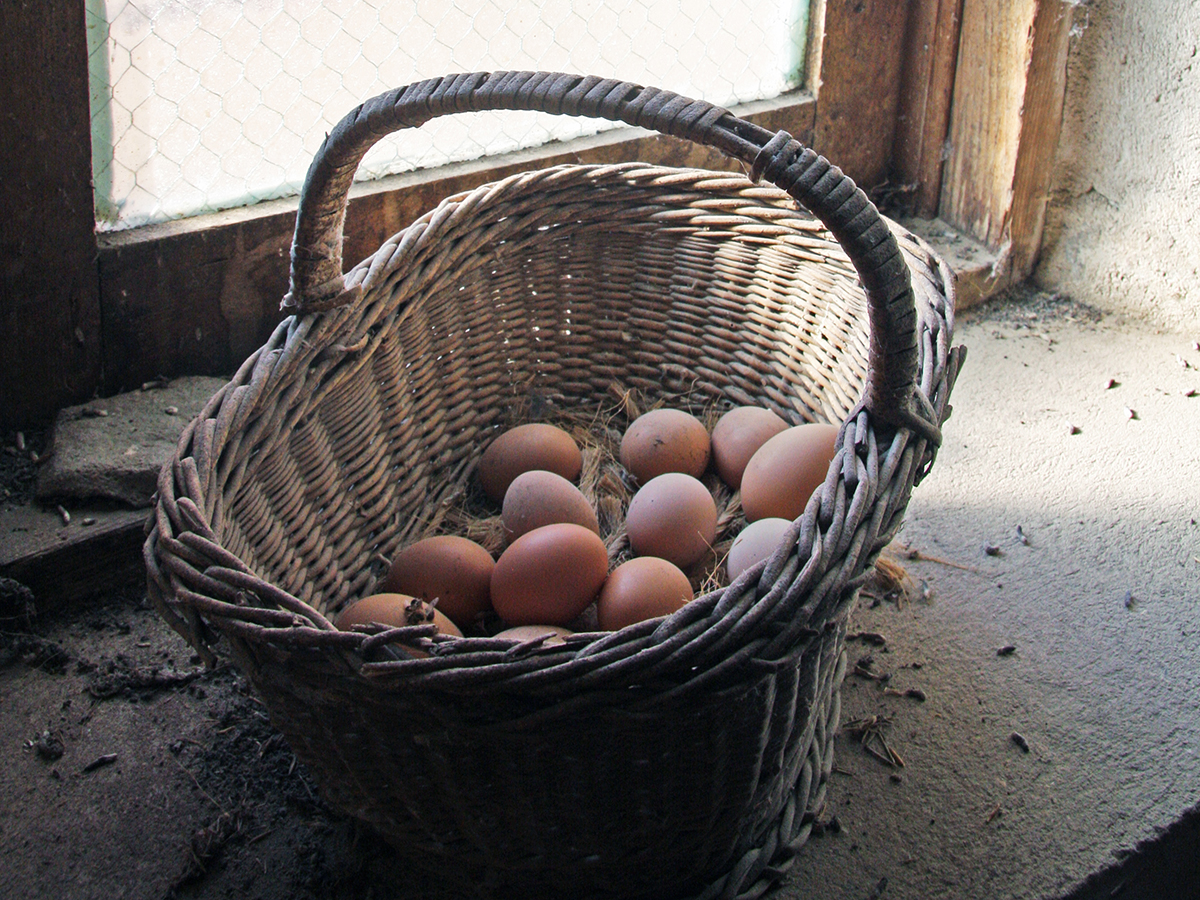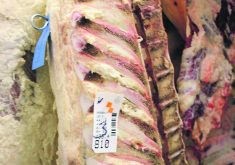REGINA — Saskatchewan has extended consultation on its food safety regulation amendments after an outcry about egg grading requirements.
Health minister Jeremy Cockrill stepped in last week after farmers’ markets and farm-egg sellers said the changes would require graded eggs for sale at markets. Markets and vendors mounted a campaign against the proposed amendment, vowing to save farm-fresh egg sales. The amendment did not address direct sales off farms.
Cockrill issued a statement saying grading would not be required for eggs sold directly from farmer to consumer at a market.
Read Also

Plant-based ‘meat’ faces turning point
The U.S. firm that owns the Yves brand told CBC News that the “meat free” category has been in decline for several years, so the company made the difficult choice to pull Yves Veggie Cuisine products.
“This will ensure that the ministry of health and the Saskatchewan Health Authority maintain a common sense approach to food safety, specific to eggs,” he said in a statement.
The ministry said it wants to be sure it is meeting public expectation for food safety protections and extended its consultation until April 16.
The amendment in question raised concern because some believed it would classify markets as food distributors, which would require them to have products from approved sources, thus requiring graded eggs. The amendment adds the definition of food distributor as “an operation or facility that sells, distributes, stores or transports food.”
The province said it does not want to impose unreasonable demands on food facilities and producer businesses. It said it would wait for the consultation to be complete before communicating any changes publicly.
Other amendments include allowing restaurants to keep “risky foods” at temperatures between four degrees Celsius and 60 C as long as certain steps are taken to keep the ready-to-eat food safe. Right now, these foods have to be kept below four degrees or above 60.
Restaurants will require a written food safety plan, discard food after two hours and have a good history of food safety compliance, among other requirements.
Another amendment expands the sale of food processed in private homes in restaurants and other public eating establishments. Currently, producers of these foods can sell what are deemed low-risk products to consumers or stores that don’t prepare food without regular health inspections or oversight.
The proposed change would allow sales to restaurants, as long as recipes are approved by the Sask. Health Authority. In addition, the food is tested to ensure safety, stored separately and not used as an ingredient in other foods at the restaurant. The eatery would have to tell customers verbally and in writing that the homemade food products are made off-site and not inspected.
The amendments would require food safety training for all staff who are handling food, as opposed to the current requirement that at least one person have taken the food safety course. There are exceptions for non-profit organizations and temporary food events.
Another change would be the public disclosure of all licensed food facilities inspections. Right now, only restaurants and slaughter plants’ reports are posted.
Other changes include housekeeping and modernizing some of the language within the regulations.
All the changes and consultation information is available on the Government of Saskatchewan website.
Meanwhile, the Regina Farmer’s Market in particular has called for the minister’s statement regarding farm eggs to be written into the regulations to ensure farm egg sales are protected.
Contact karen.briere@producer.com


















